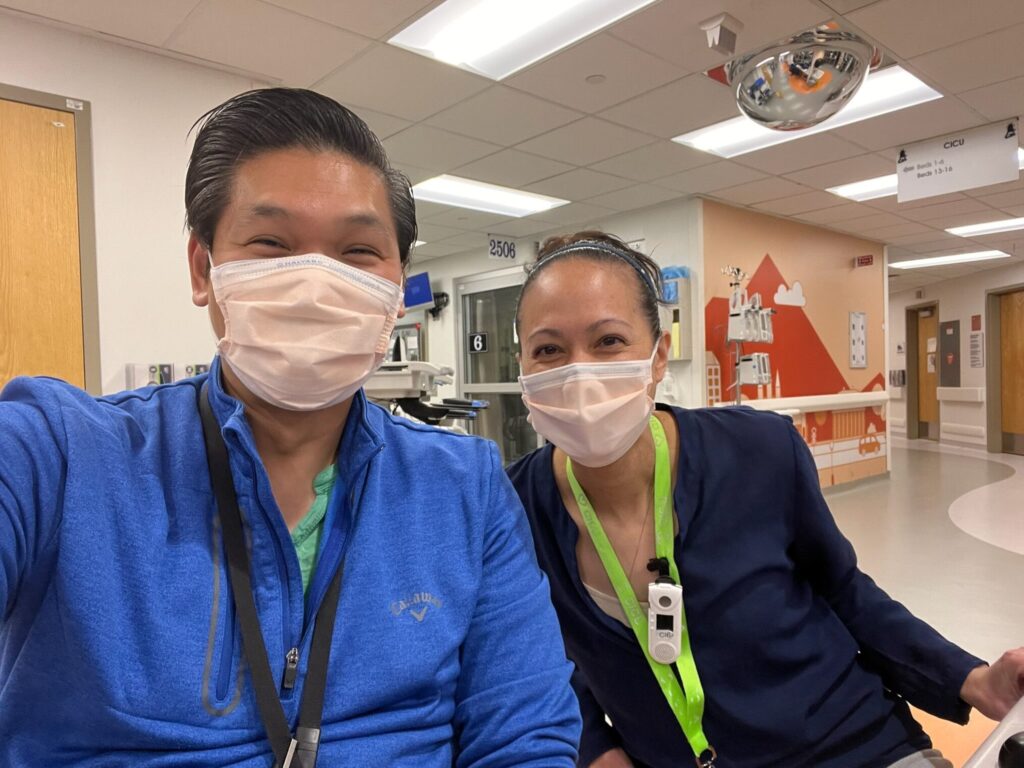In 2006, the Craig H. Neilsen Foundation responded to a simple request to help underwrite a fellowship to train a physician to care for patients with spinal cord injury (SCI).
After receiving similar requests yearly, the Spinal Cord Injury Medicine Fellowship portfolio was launched in 2011 to provide grants to nationally accredited institutions.
 These grants support fellows the institutions recruit and ensure funds are available to maintain the SCI rehabilitation residency programs. To date, the portfolio has supported 110 residency fellows by partnering with 17 sites to ensure that early-career physicians are provided opportunities to receive this highly specialized training and the tools they need to properly care for people with SCI.
These grants support fellows the institutions recruit and ensure funds are available to maintain the SCI rehabilitation residency programs. To date, the portfolio has supported 110 residency fellows by partnering with 17 sites to ensure that early-career physicians are provided opportunities to receive this highly specialized training and the tools they need to properly care for people with SCI.
The SCI Medicine Fellowship portfolio and its goals have continued to expand, covering costs associated with research and ongoing education in addition to salaries. This allows fellows supported by the Neilsen Foundation the opportunity to expand their breadth and depth of knowledge by engaging with colleagues and participating in national meetings as part of their training.
Collaboration and leadership to train physicians in spinal cord injury medicine has also come from the Department of Veterans Affairs (VA) hospitals, the largest employer of SCI physicians in the country. Initially, the VA provided training at their facilities, while the Neilsen Foundation has supported fellowships at institutions not affiliated with the VA. In the last few years, we have partnered more often to co-fund training, which is intended to encourage the fellows to experience different health systems and broaden their commitment to SCI medicine.
Adam Stein, MD, the Chair of Physical Medicine and Rehabilitation at Northwell Health in New York and a longtime supporter of the SCI Medicine Fellowship portfolio, who trained at a time when there were no accredited fellowships, insists the training is “critical” in providing SCI patients the care they need.
“These patients have an uncommon, though highly visible, condition, and you don’t become competent in caring for these individuals by going to medical school or doing a basic residency,” Dr. Stein explains. “It’s like asking if it’s important if a neurosurgeon does brain surgery.”
He believes many of the institutional fellowships available today would not exist if it were not for the Neilsen Foundation’s support.
“Residency training in the U.S. is largely funded by the federal government,” Dr. Stein adds, “but in 1996 every institution was frozen at their approved number of residents. That number has never been increased. Spinal cord injury medicine didn’t exist in 1996, so the Neilsen Foundation’s ability to fund a number of these residency spots has allowed these fellowships to expand. I don’t think all of them would have existed if not for the support of the Foundation.”
At the Neilsen Foundation, we are committed to and focused on the care and wellbeing of individuals with SCI, and our hope is that by working with our partners in the community, the efforts will help ensure people living with SCI get the care they deserve.